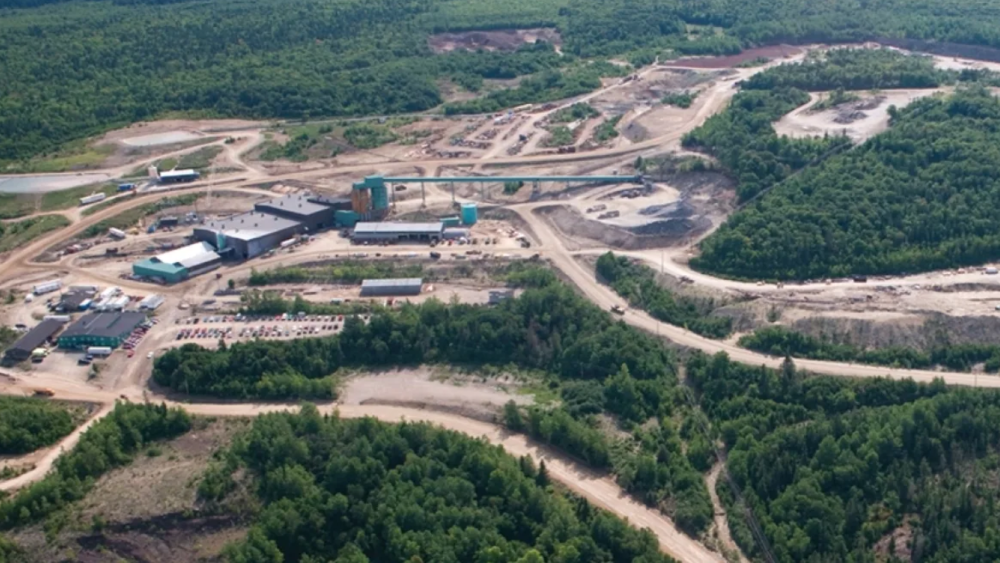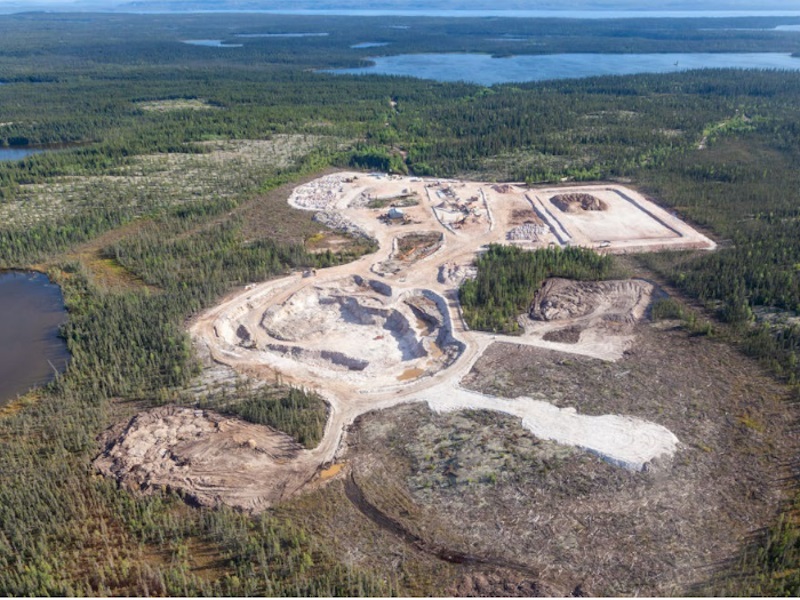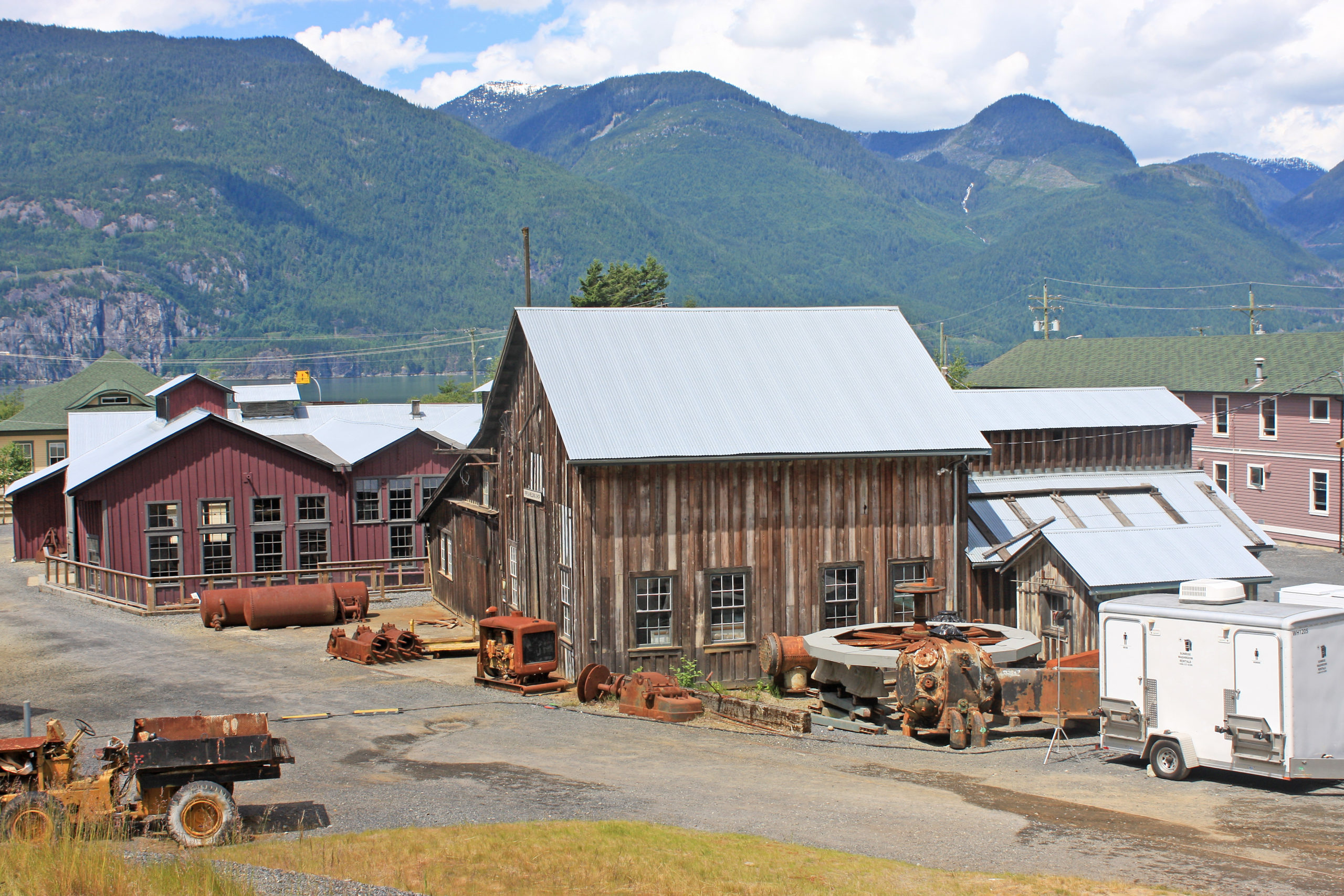Receiver named for assets of Trevali’s Caribou mine

Last summer, Trevali Mining applied for relief under the Companies’ Creditors Arrangement Act (CCAA) and was granted the initial order in August. The next month it delisted its shares from the Toronto Stock Exchange. And this week a receiver was appointed for the company’s assets at its Caribou lead-zinc-silver mine in New Brunswick.
The Supreme Court of British Columbia named FTI Consulting Canada as receiver, without security, of all the assets, undertakings and property of Trevali Mining (New Brunswick). The court order covers all proceeds thereof, other than any real property, mineral claims, mining leases, or real property leases owned or held by Trevali.



